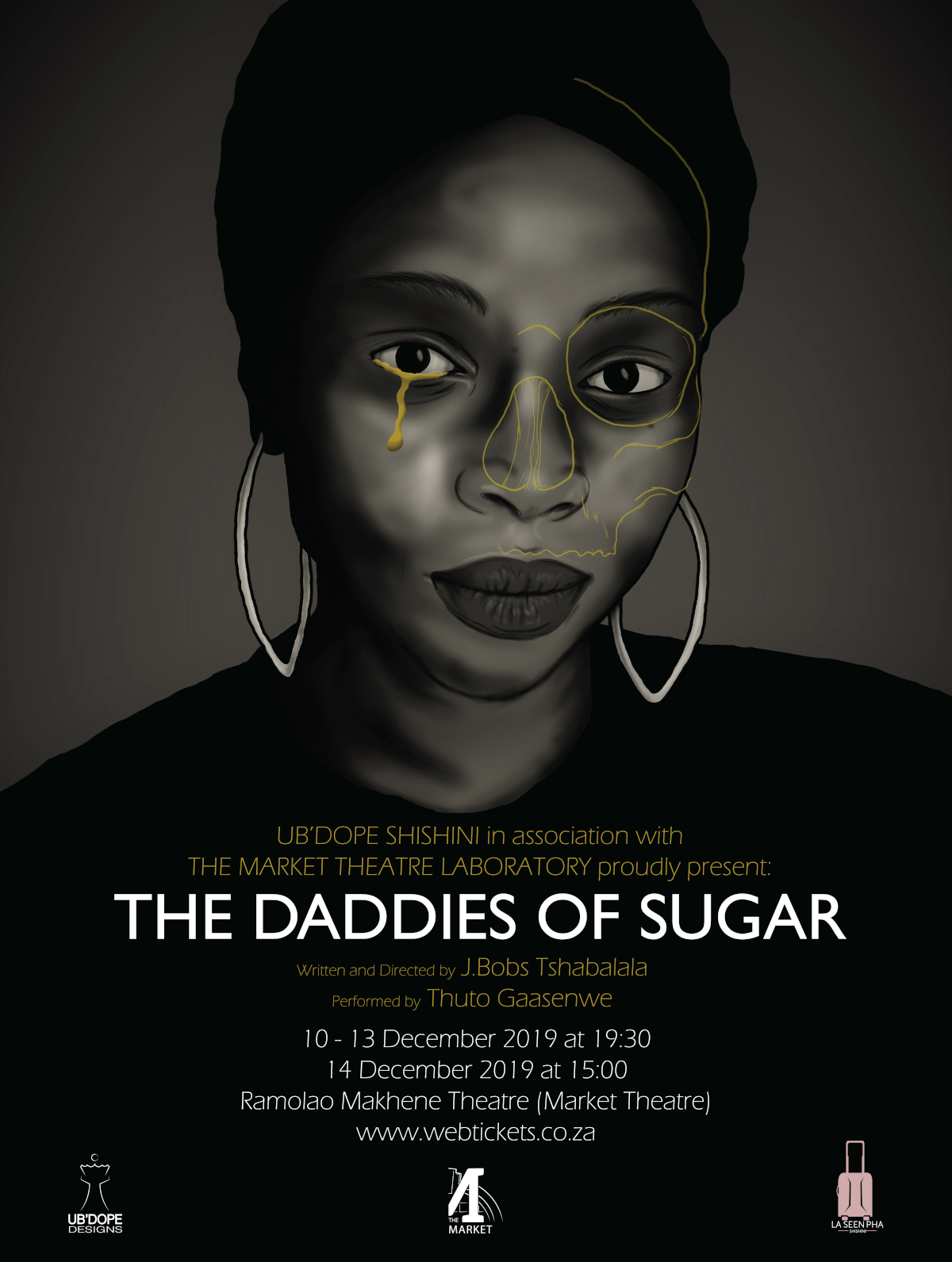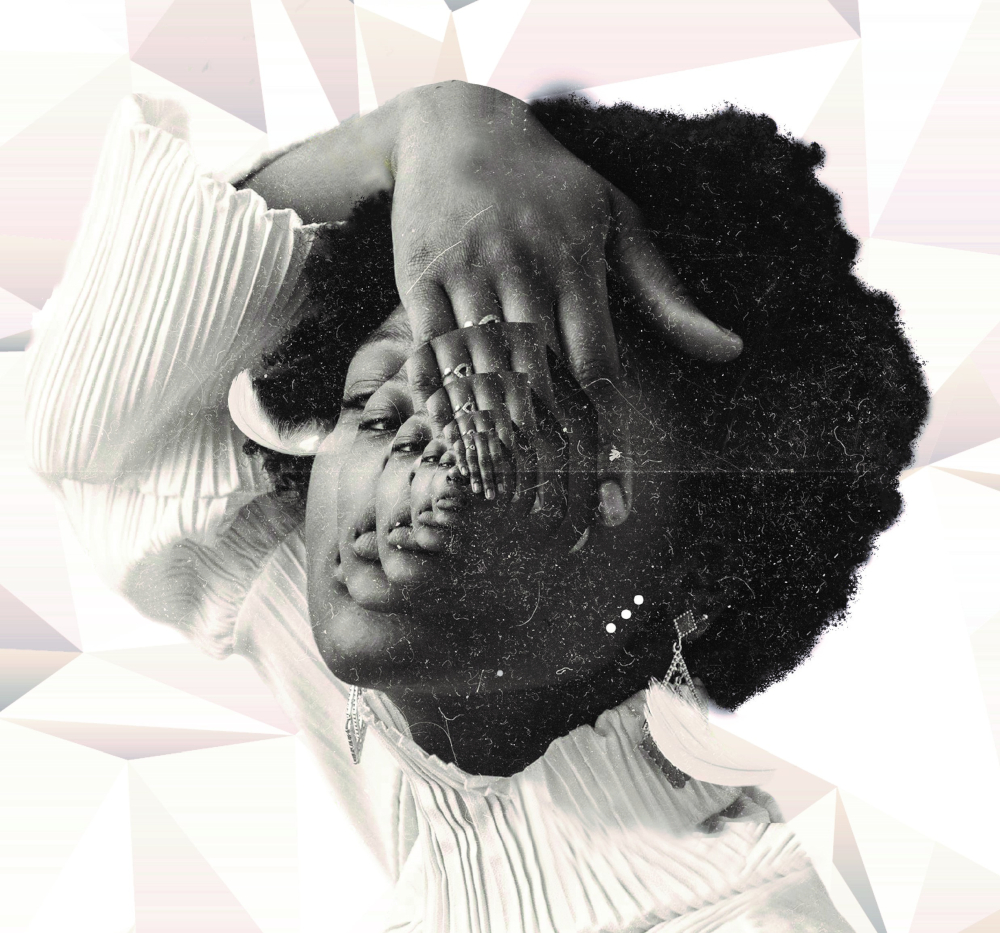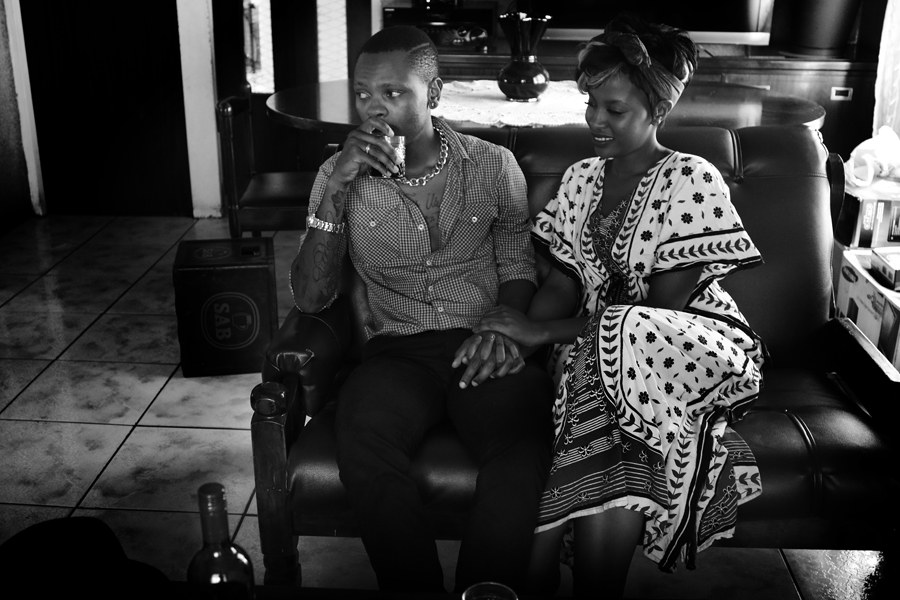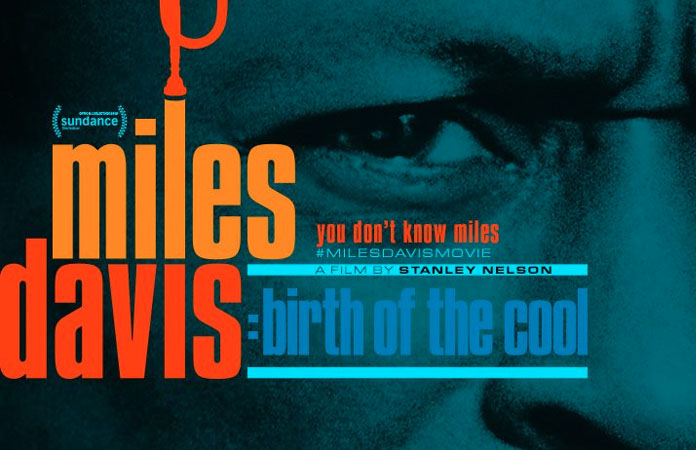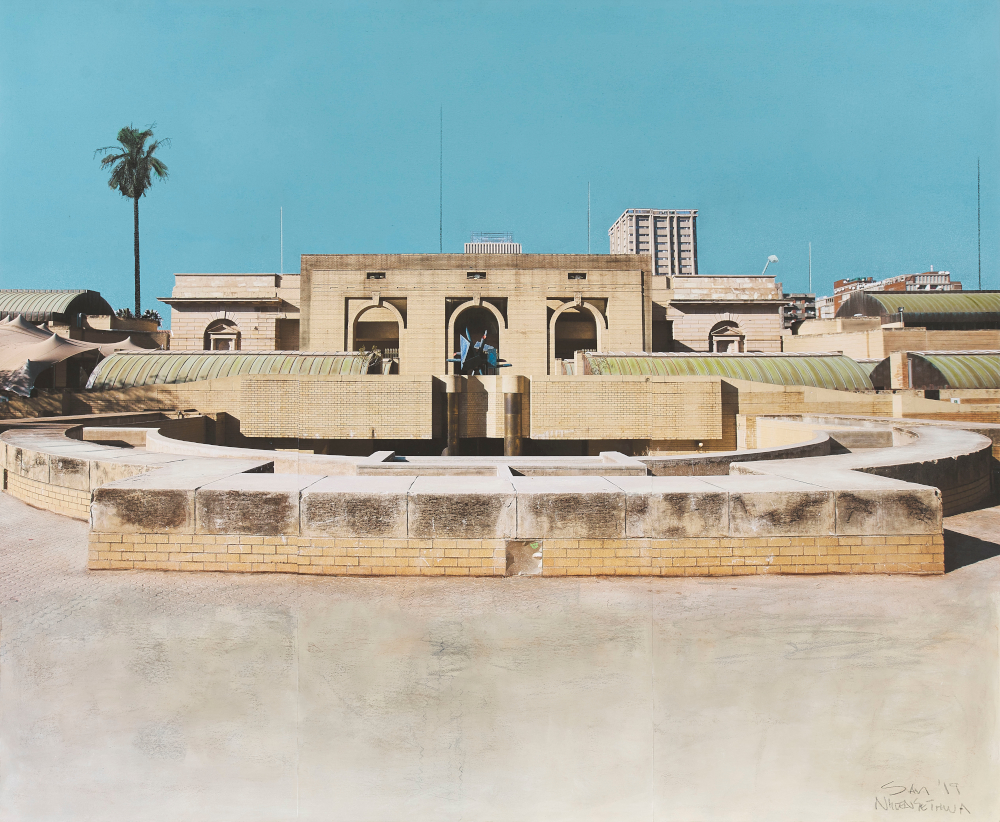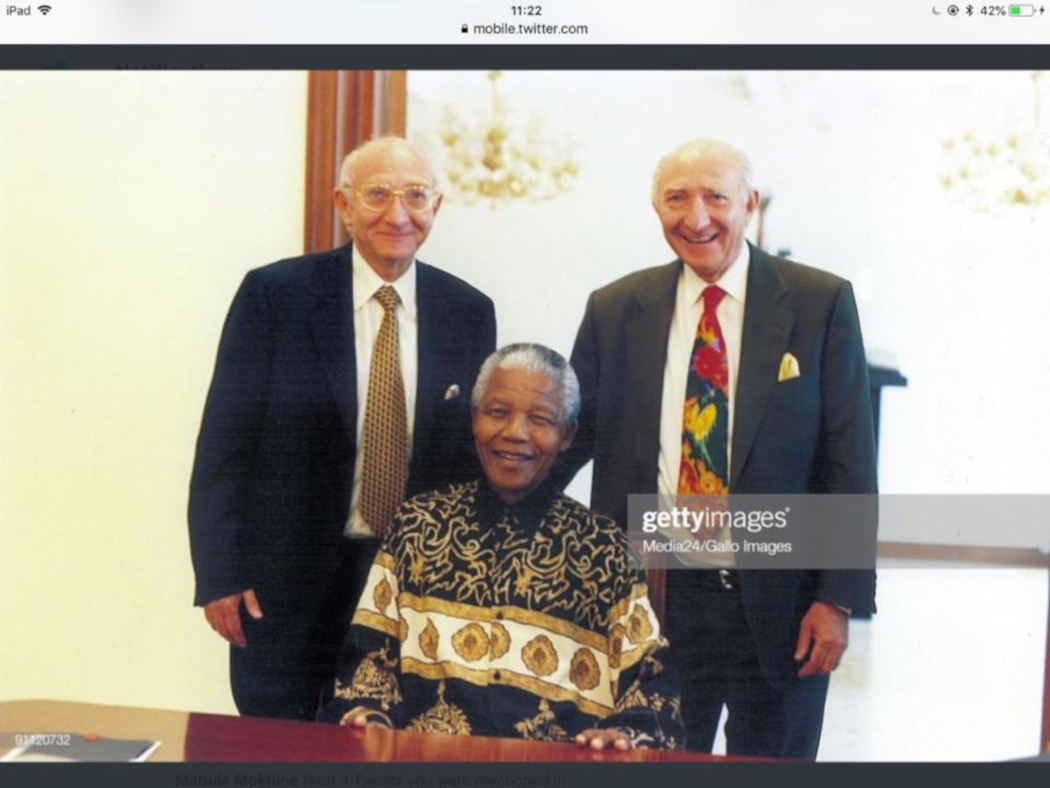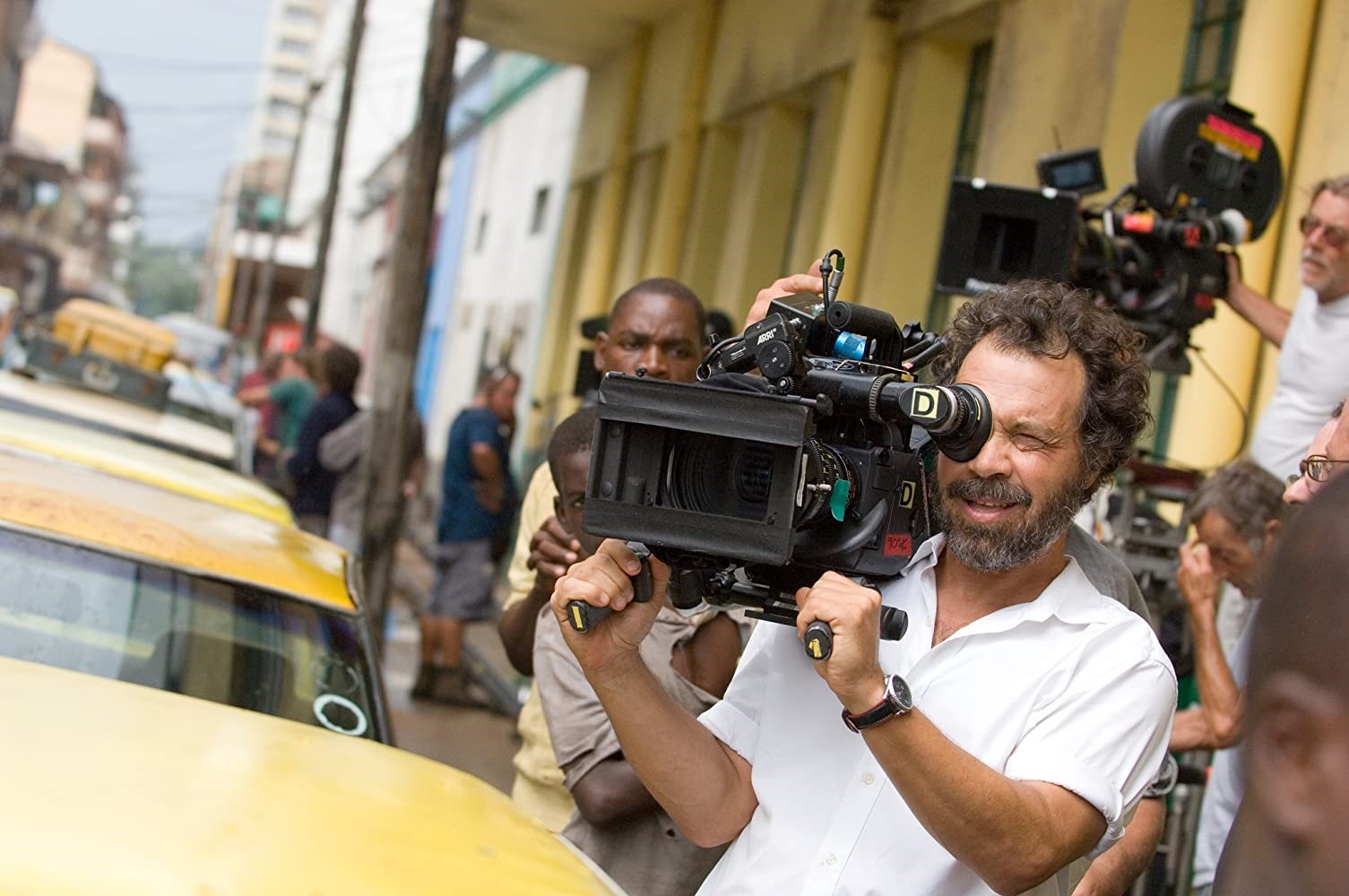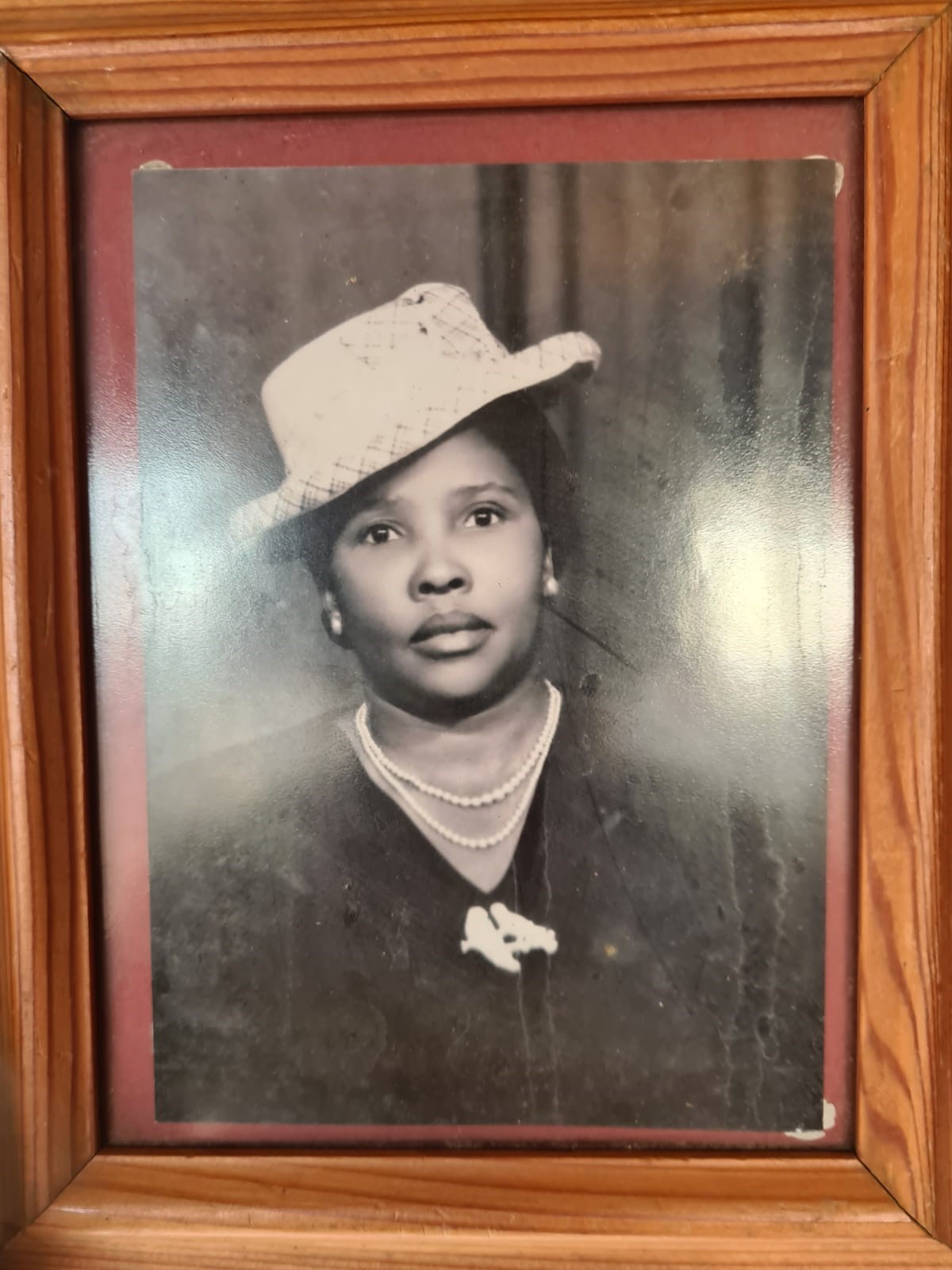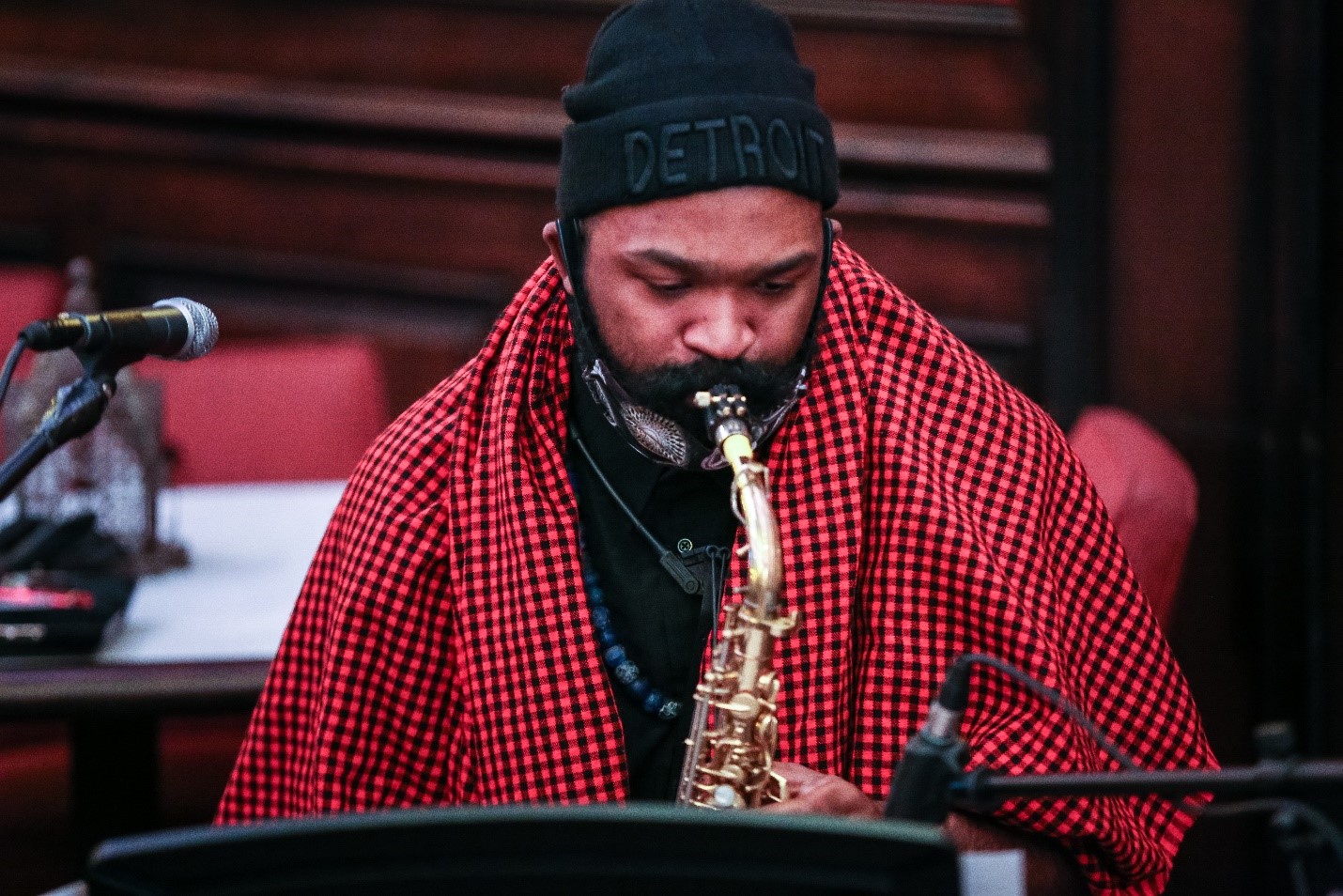In 2014, J.Bobs Tshabalala and an ensemble of five actors premiered Secret Ballot, with a cast of five Black males who became affectionately known as the ‘Daddies of Sugar’.
In 2017, the source text of Secret Ballot which was a play titled Khongolose Khommanding Khommisars was staged with MoMo Matsunyane as the director and an ensemble of four Black women actors; they too were the Daddies of Sugar, regardless of their gender.
In 2018 in collaboration with Monageng Motshabi of DiArts Ko Nageng, J.Bobs independently co-published both these works in one book. On the back cover of the book, Tshabalala states that "I am here, to offer this work for it to be read, performed, directed, translated, adapted, questioned, reimagined, challenged and to even be used as a provokation for new ideas..."
A challenge that was set to others has now been taken by the challenge-maker himself. There has been a male director, directing males, there has been a female director, directing four females, and now in 2019, one male director directs one female actor in The Daddies of Sugar’ performed by Thuto Gaasenwe from 10 – 14 December 2019 at the Ramolao Makhene Theatre.
Thuto Gaasenwe plays all the Daddies in the latest directorial offering by Standard Bank Young Artist of the year for theatre, J. Bobs Tshabalala
To make block bookings, please contact Anthony Ezeoke 011 832 1641ext 203/ 083 246 4950, Magret Charova 011 832 1641 ext 326/ 079 656 2340 and Jabulisile Mofolo 011 832 1641 ext 204/ 083 203 0531

